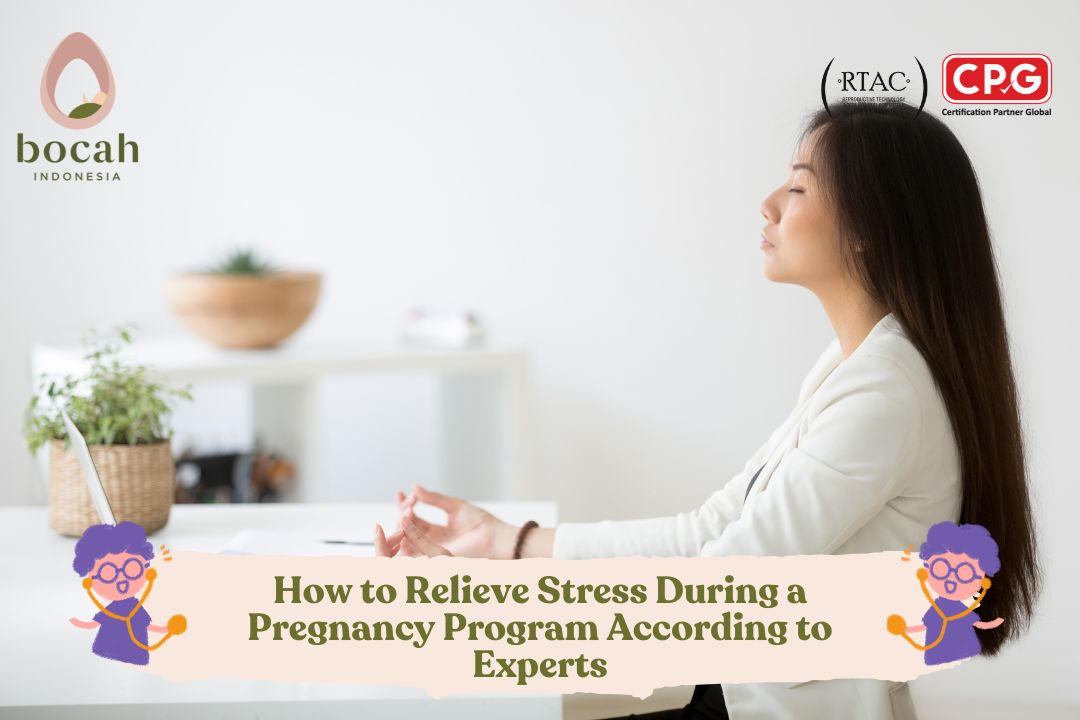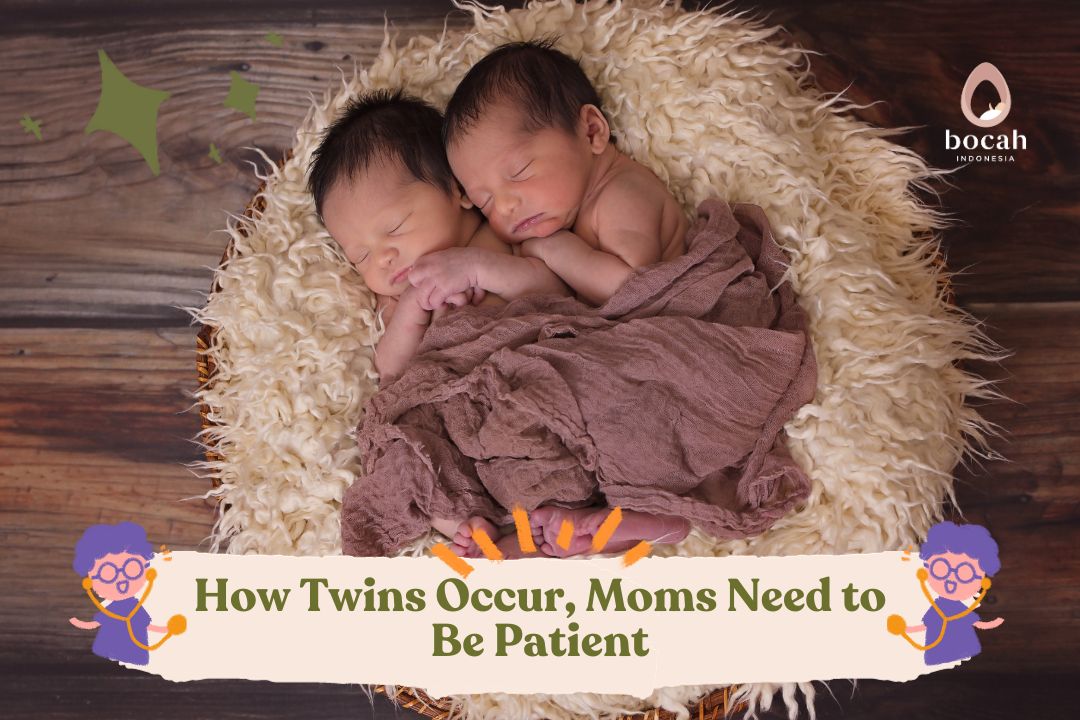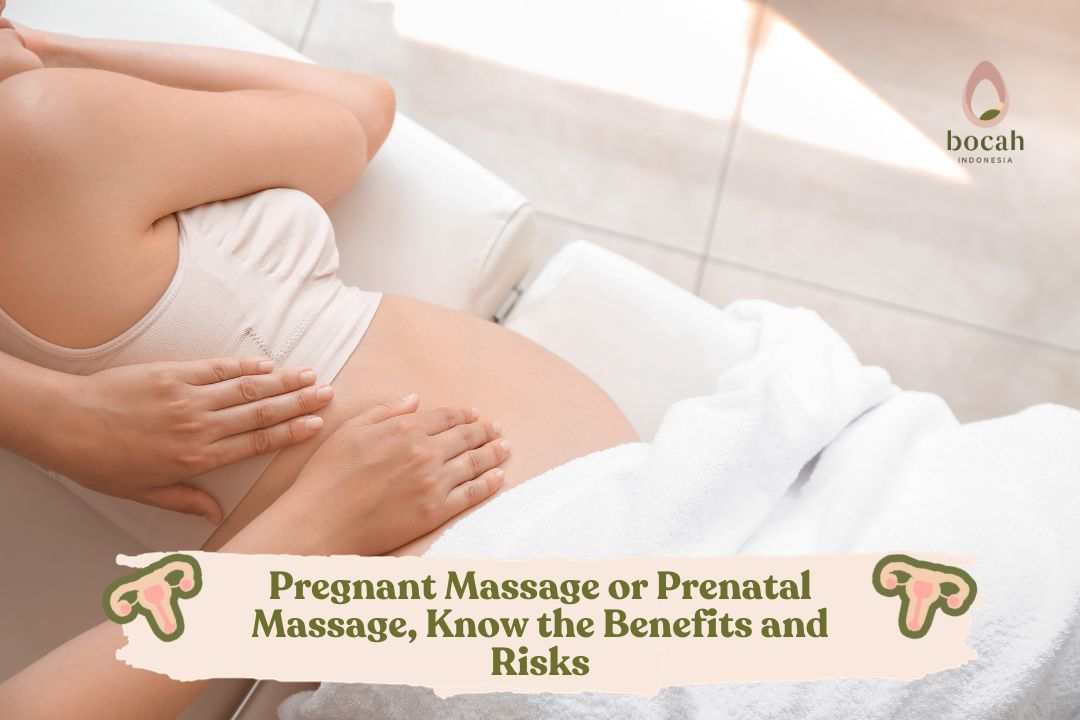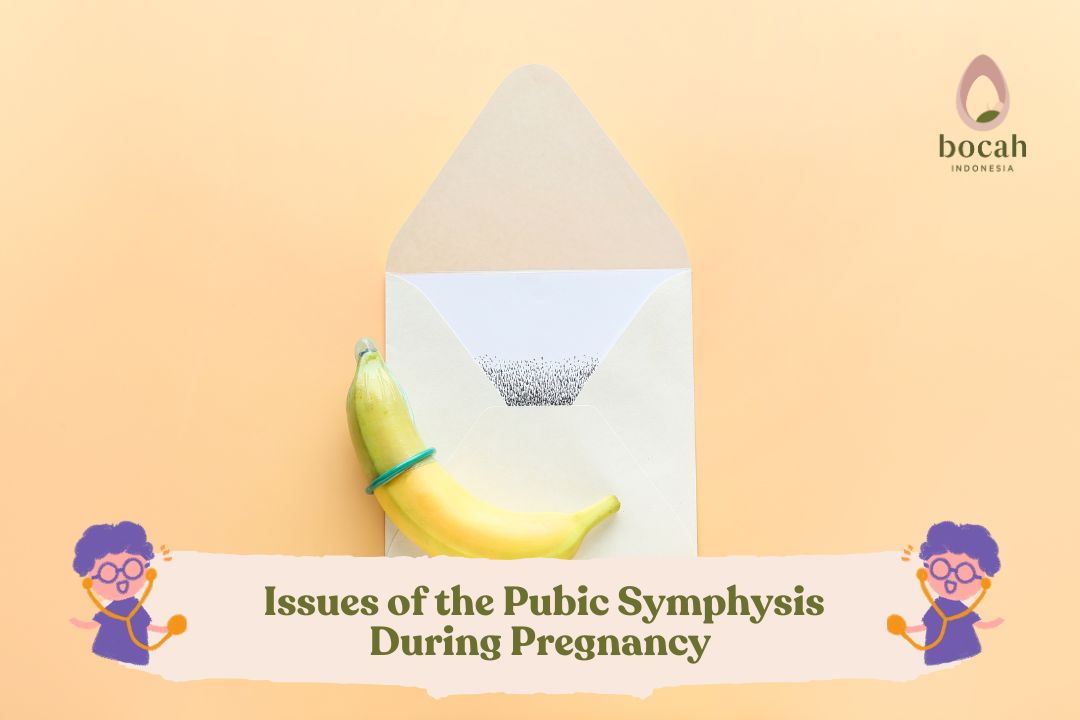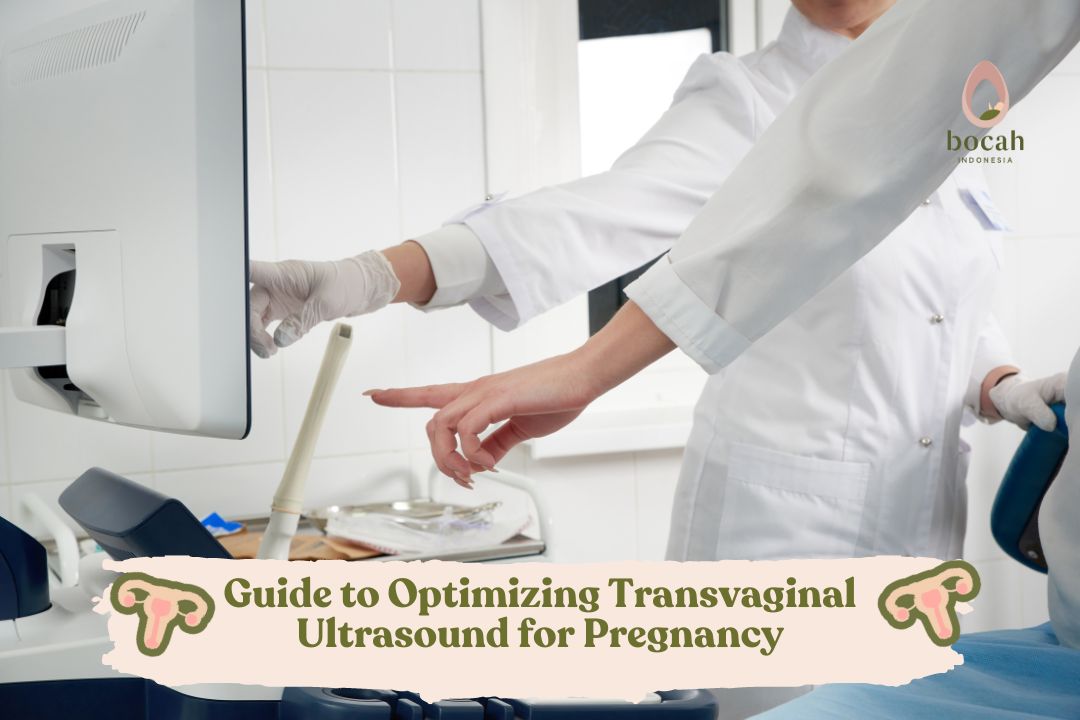Managing Stress During Pregnancy: A Relaxation Guide for Moms and Dads
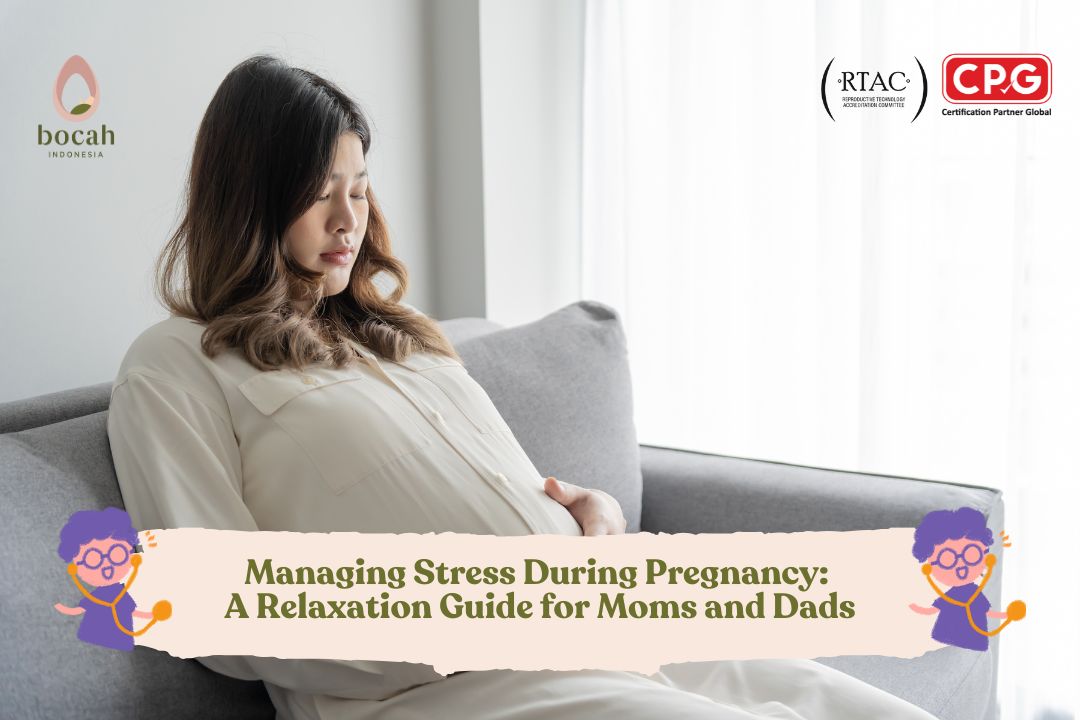
Moms and Dads, becoming parents is both exciting and nerve-wracking. Discover relaxation techniques for expectant parents.
Feeling anxious about stepping into parenthood is completely normal. Many soon-to-be parents experience the same emotions. It’s undeniable that the journey to becoming a parent is full of challenges and changes.
However, don’t let anxiety linger, as it may negatively affect the baby developing in the womb. Instead, try practicing these relaxation techniques to help ease your mind and create a calm environment for both you and your baby.
A Calm Mind Supports a Successful Pregnancy
A peaceful mind can significantly enhance the chances of a successful pregnancy and conception. Throughout pregnancy, stress and anxiety can become major obstacles to both maternal and fetal health. This is why it’s crucial for expectant mothers to maintain a calm and peaceful mindset.
Studies have shown that high levels of stress during pregnancy can negatively impact fetal development and even increase the risk of premature birth. Conversely, a relaxed mind helps reduce stress, improves maternal well-being, and fosters a better environment for fetal growth.
Tanya Mincah tentang Promil?
Additionally, staying mentally calm helps mothers manage the physical and emotional changes that occur during pregnancy. By lowering stress levels, expectant mothers can feel more at ease and mentally prepared for childbirth and their new role as a parent.
Therefore, it’s essential to find ways to maintain a peaceful and calm mindset during pregnancy. This can include practicing meditation, yoga, deep breathing exercises, or engaging in activities that bring joy and relaxation. A calm mind plays a crucial role in ensuring a smooth and happy pregnancy journey.
Relaxation Techniques for Expectant Parents
To help ease the anxiety of transitioning into parenthood, expectant parents should consider relaxation techniques such as meditation. Meditation is a powerful practice that helps calm the mind by combining physical and mental exercises.
There are various types of meditation, each serving different purposes. Some forms of meditation can help parents gain clarity in their thoughts and make more mindful decisions. Here are some meditation techniques to try:
1. Mindfulness Meditation
Mindfulness meditation involves focusing on the present moment without getting caught up in past regrets or future worries. Expectant mothers can start by sitting comfortably and paying attention to their bodily sensations.
This can include focusing on the breath, feeling different parts of the body, or even tuning in to the sounds and scents around them. If the mind begins to wander, simply bring your focus back to the present sensations.
2. Mantra Meditation
Mantra meditation involves repeating a word or phrase to help calm the mind and enter a meditative state. Moms and Dads can choose a simple and meaningful mantra such as “relax” or “calm”.
During meditation, repeat the mantra consistently, either aloud or silently, while staying focused on the breath or bodily sensations.
3. Movement Meditation
Movement meditation incorporates physical activity with mental focus. Expectant mothers can try meditative walking by mindfully paying attention to each step and the sensation of their feet touching the ground.
Another option is practicing yoga or tai chi, allowing the movements to become a meditative experience.
4. Body Scan Meditation
Body scan meditation involves focusing on physical sensations throughout the body. This technique systematically brings awareness to each part of the body, from head to toe.
Mothers can observe sensations such as warmth, coolness, tension, or relaxation in different areas of the body without judgment. This practice helps enhance bodily awareness and relieve stress.
By understanding these meditation techniques, expectant parents can choose the one that best suits their needs and preferences to optimize the benefits of meditation.
Each meditation type offers unique benefits, but all aim to promote peace and tranquility. Try different methods and find the one that feels most comfortable and effective.
Benefits of Meditation During Pregnancy
Meditation during pregnancy offers numerous benefits, including:
1. Reducing Stress
Pregnancy is a joyful time but can also bring stress and anxiety. Meditation has been proven to lower stress and anxiety levels during pregnancy.
Studies indicate that pregnant women who practice meditation experience less anxiety and negative emotions, such as fear or distress.
2. Lowering the Risk of Preterm Birth
Premature birth increases the risk of health complications for newborns. Some research suggests that meditation, including practices like yoga, may help reduce the risk of preterm birth by lowering maternal stress.
3. Supporting a Healthy Baby
Research also shows that parents who maintain a calm and relaxed mindset can positively influence their baby’s development after birth.
Mothers who are more mindful tend to have babies who are better at self-regulation, adapting to their environment, and managing attention and behavior.
However, it is essential to note that not all studies confirm a direct correlation between meditation and improved child development. The benefits of mindfulness can diminish if mothers stop practicing. Therefore, consistency in meditation is key to maintaining positive mental and physical health during pregnancy.
How to Meditate During Pregnancy
Here are some simple steps for practicing meditation during pregnancy:
- Choose a quiet space – Find a calm, distraction-free area in your home. Turn off your phone and ensure uninterrupted time for relaxation.
- Find a comfortable position – Sit in a chair, lean against a wall, or sit cross-legged on the floor with a cushion for support. Make sure your body feels relaxed and at ease.
- Focus on your breathing – Take slow, deep breaths, feeling the air move in and out of your body. If your mind starts to wander, gently bring your focus back to your breath.
- Visualize your baby – Picture your baby growing healthy and happy in the womb. You can also imagine a peaceful, natural setting to help relax your mind.
- Practice gratitude – Reflect on the things you’re grateful for, including your pregnancy. Focusing on positivity cultivates a sense of peace.
- Use affirmations – Repeat empowering phrases such as “I embrace and love my pregnant body with gratitude and joy.”
- Be kind to yourself – Meditation is a continuous practice, so don’t be too hard on yourself if you struggle to stay focused.
Even meditating for just a few minutes daily can bring significant benefits. With regular practice, expectant mothers can experience better mental well-being and create a positive pregnancy journey.
If anxiety and stress persist, seeking support from a professional, such as a psychologist, is always a good idea.
For more information on fertility treatments or IVF programs, visit Bocah Indonesia.
Source:
- Altazan, A. D., Et Al. (2019). Mood And Quality of Life Changes in Pregnancy and Postpartum and The Effect of a Behavioral Intervention Targeting Excess Gestational Weight Gain in Women with Overweight and Obesity: A Parallel-Arm Randomized Controlled Pilot Trial. BMC Pregnancy And Childbirth, 19(1), pp. 1–12.
- Rajeswari, S., & Sanjeevareddy, N. (2020). Efficacy of Progressive Muscle Relaxation on Pregnancy Outcome Among Anxious Indian Primi Mothers. Iranian Journal of Nursing And Midwifery Research, 25(1), pp. 23.
- Raising Children Network Australia (2022). Healthy Relationships with Partners in Pregnancy.
- Cohen, M. Parents (2023). A Guide to Emotions and Mood Swings During Pregnancy.
- Moore, J. Webmd (2022). What To Know About Meditation During Pregnancy.


